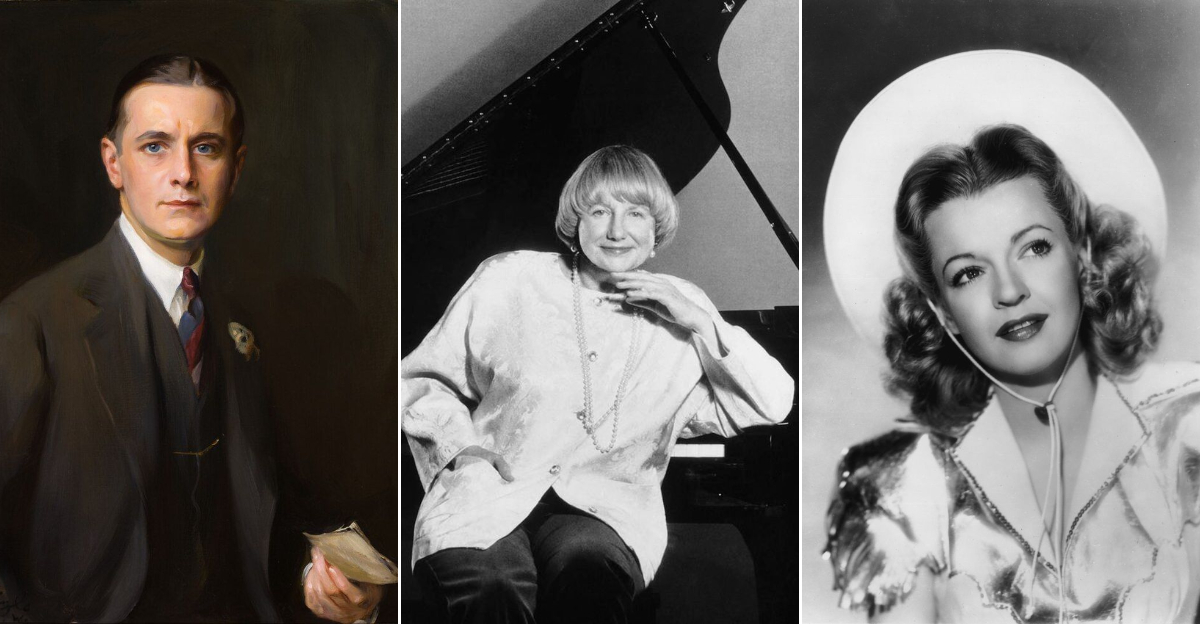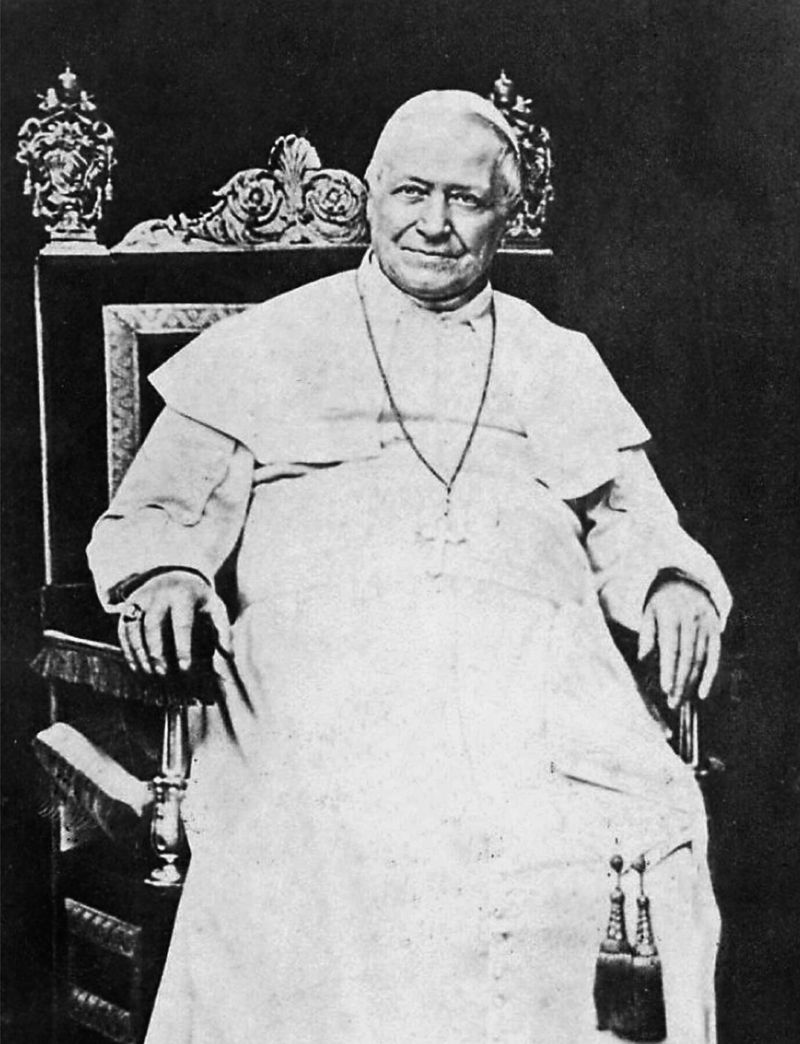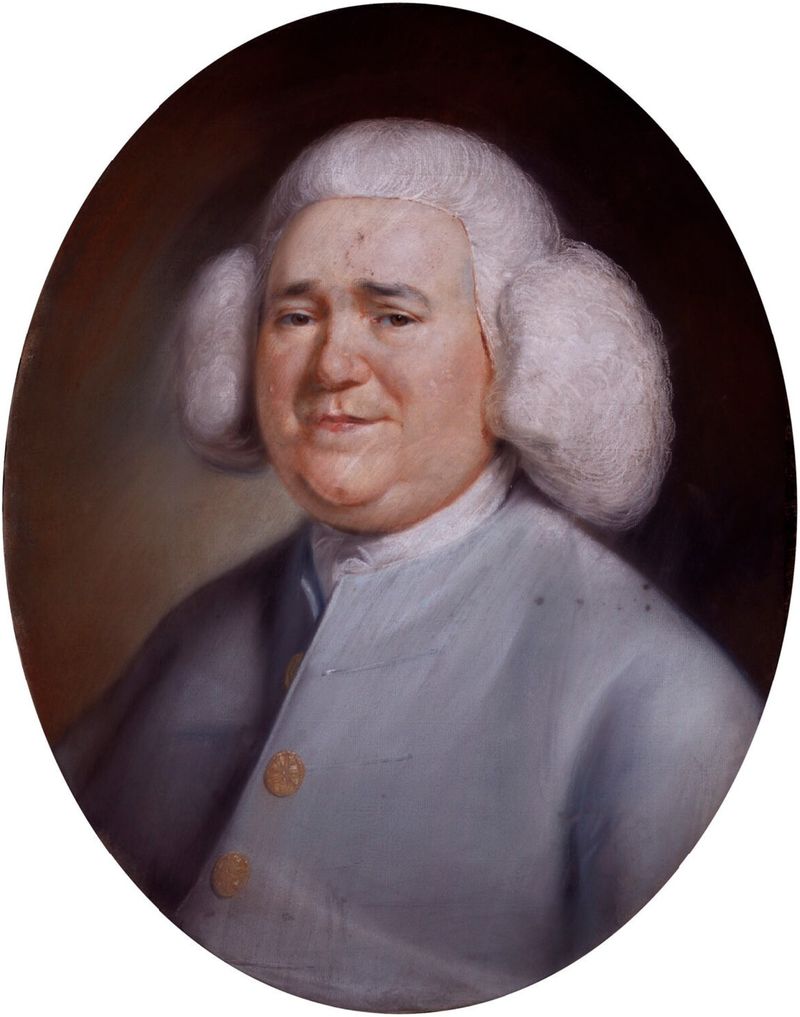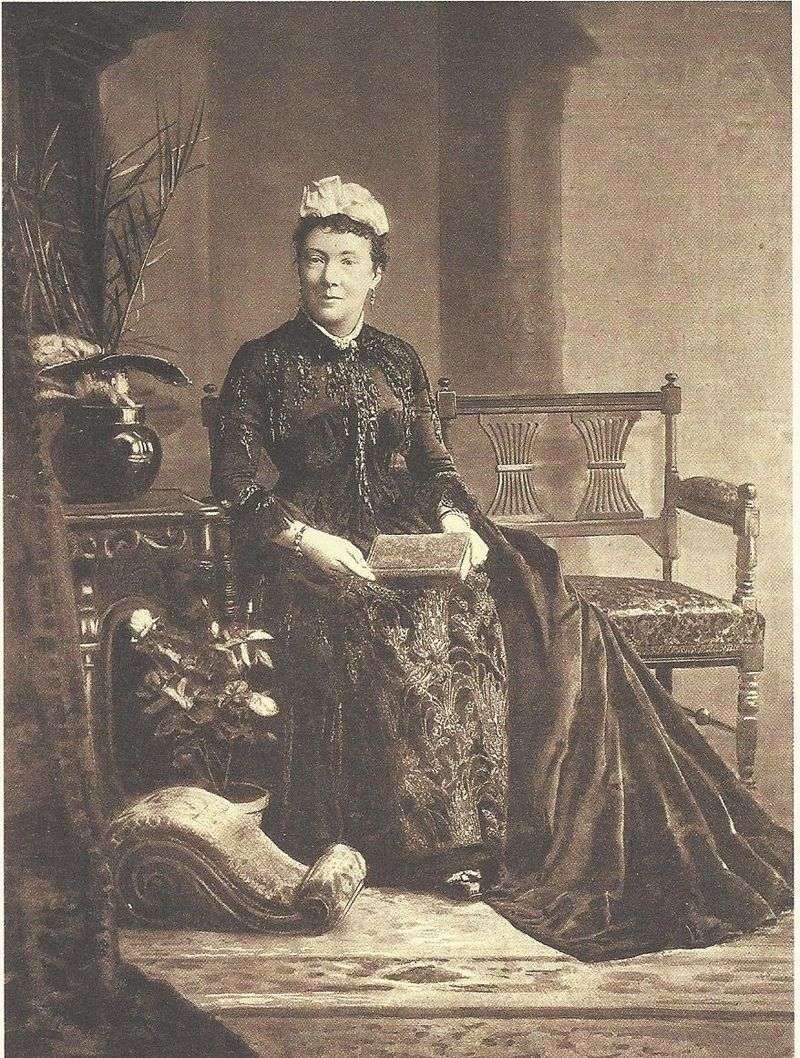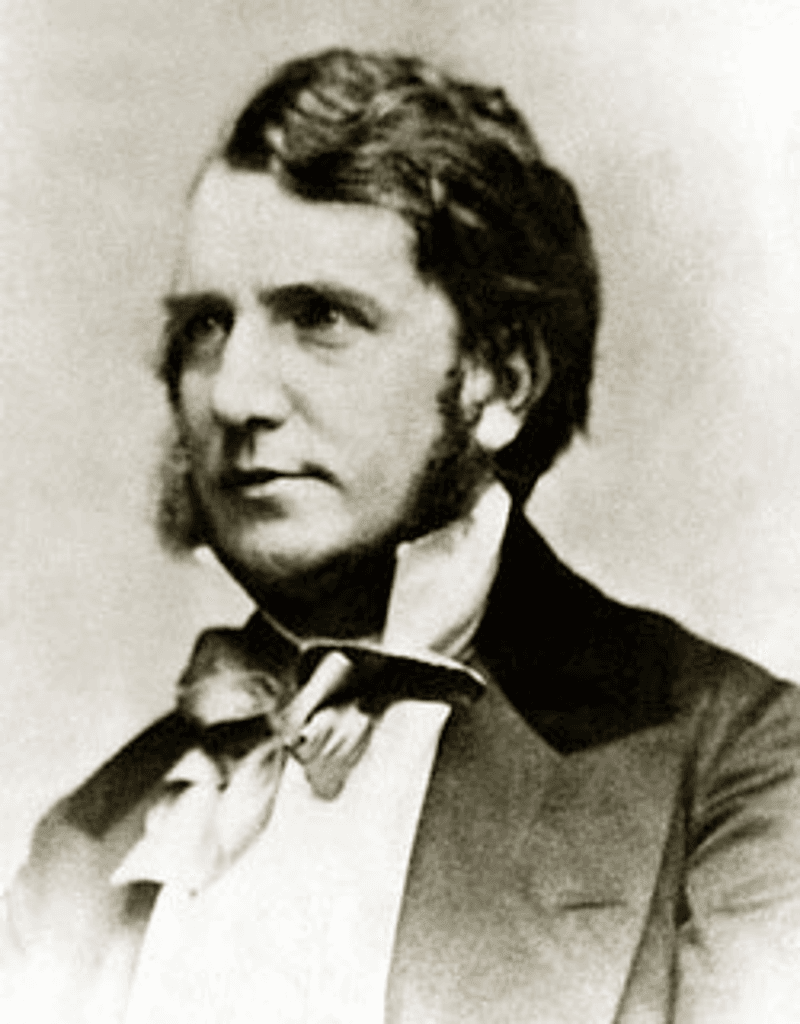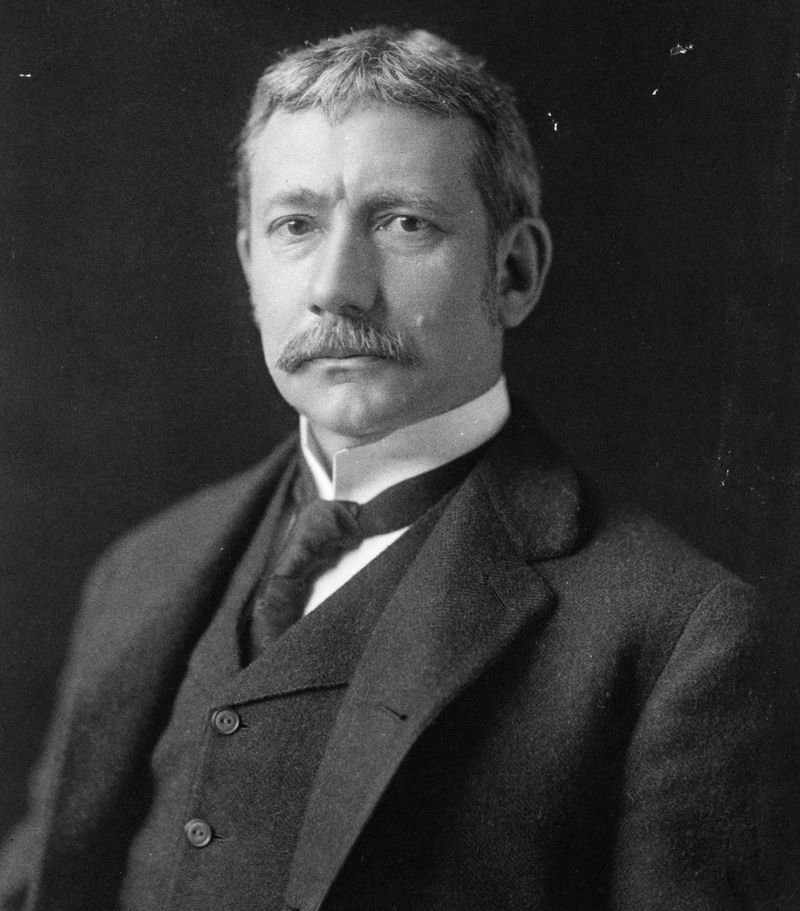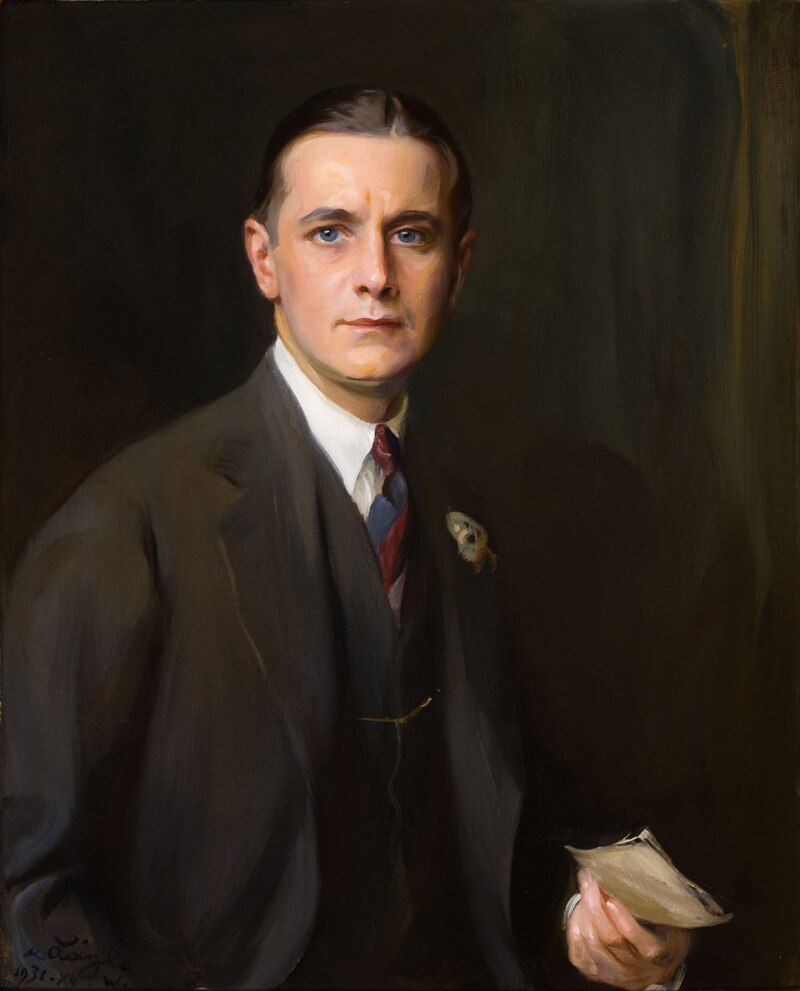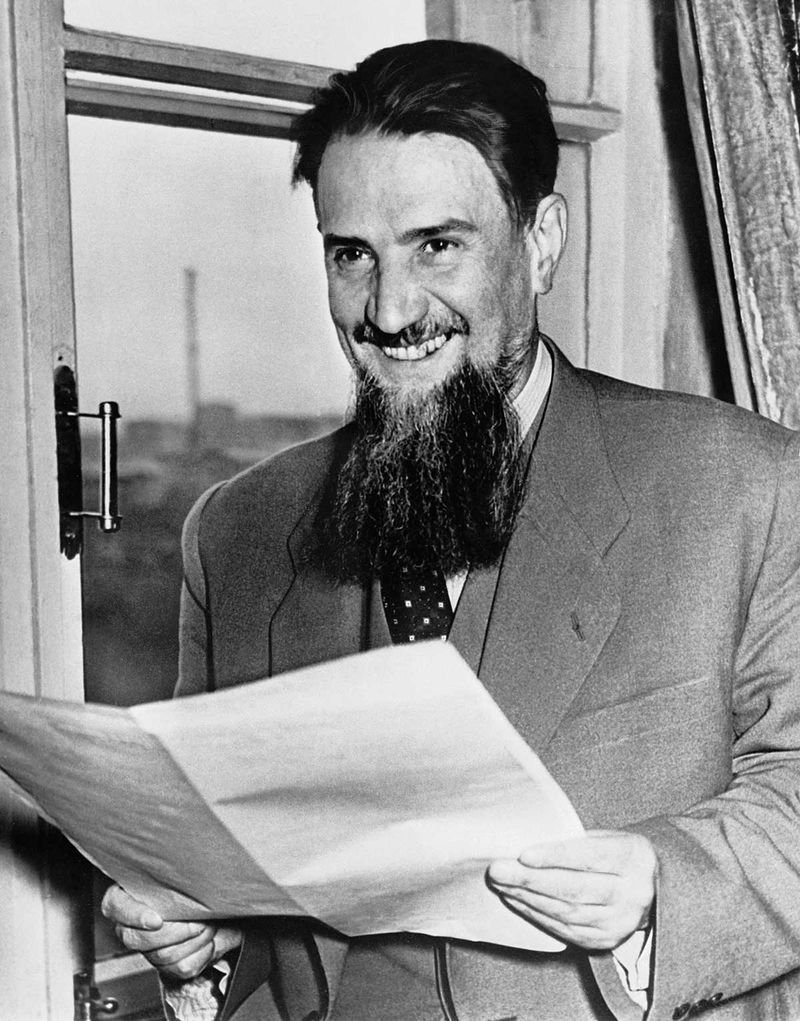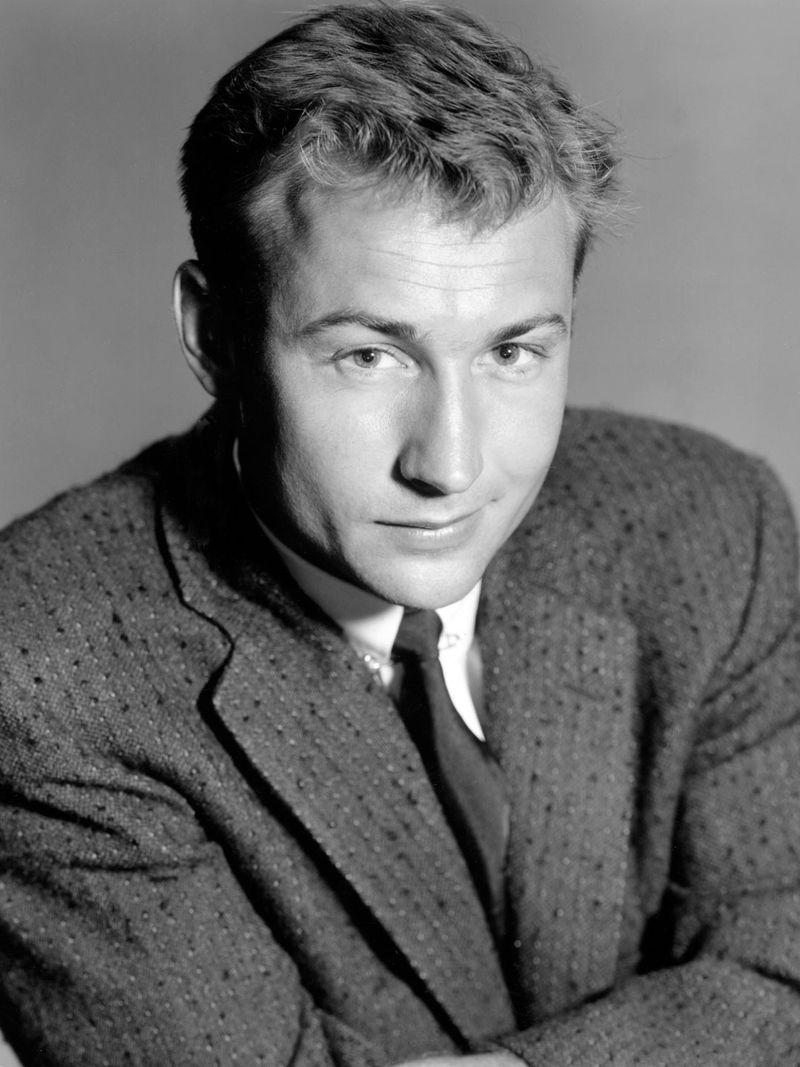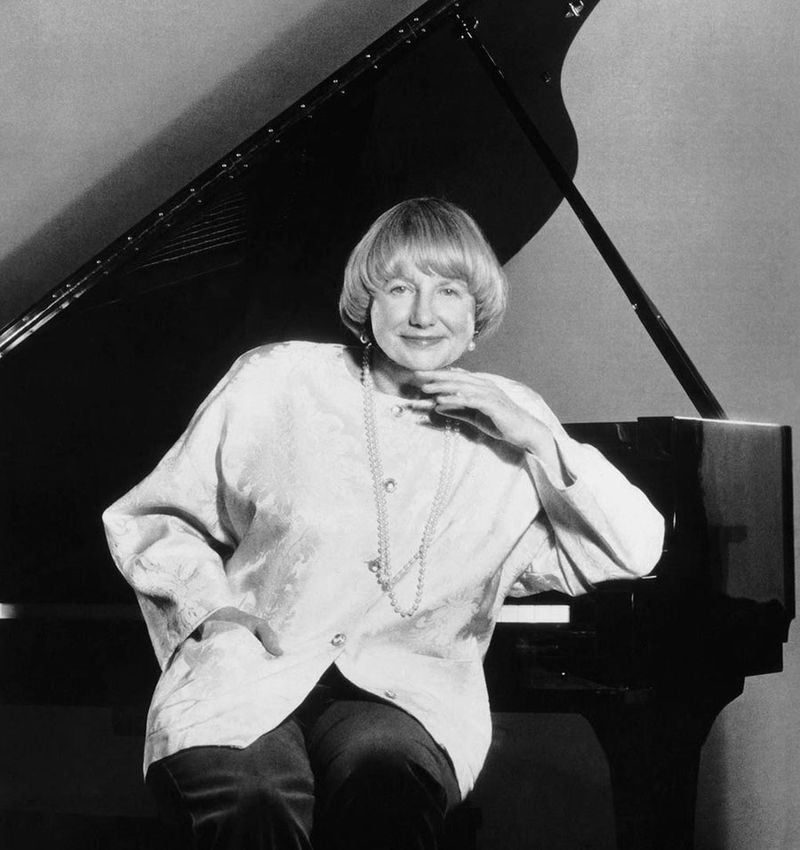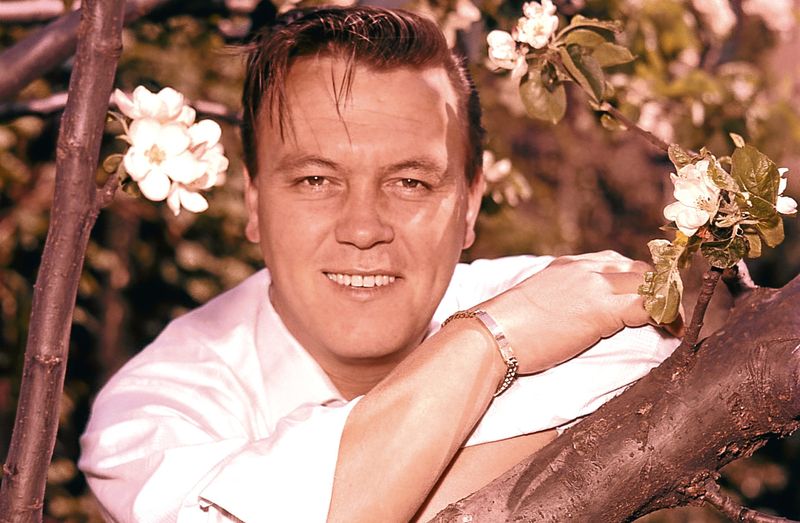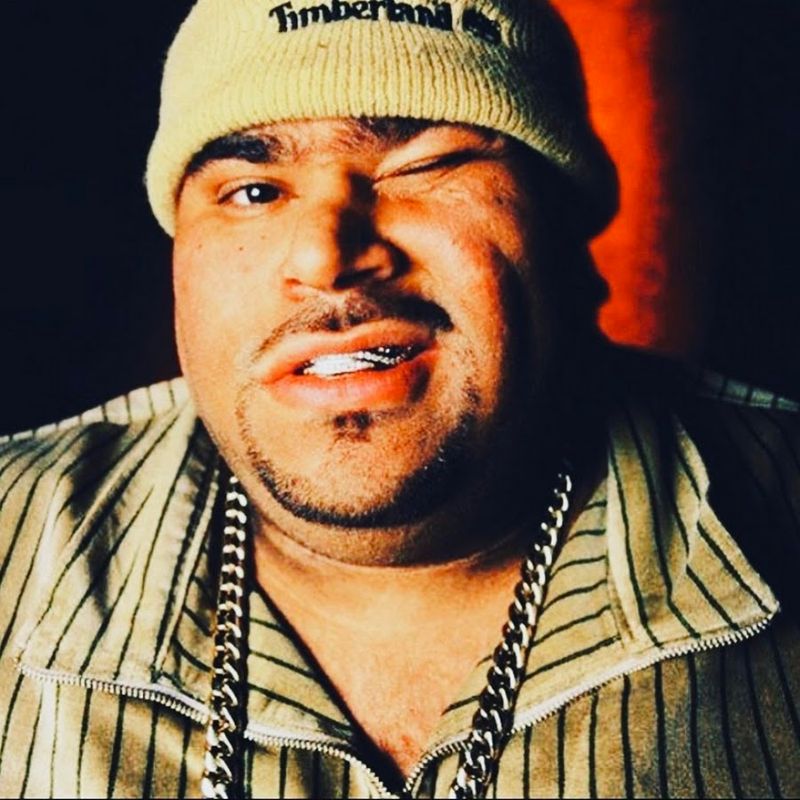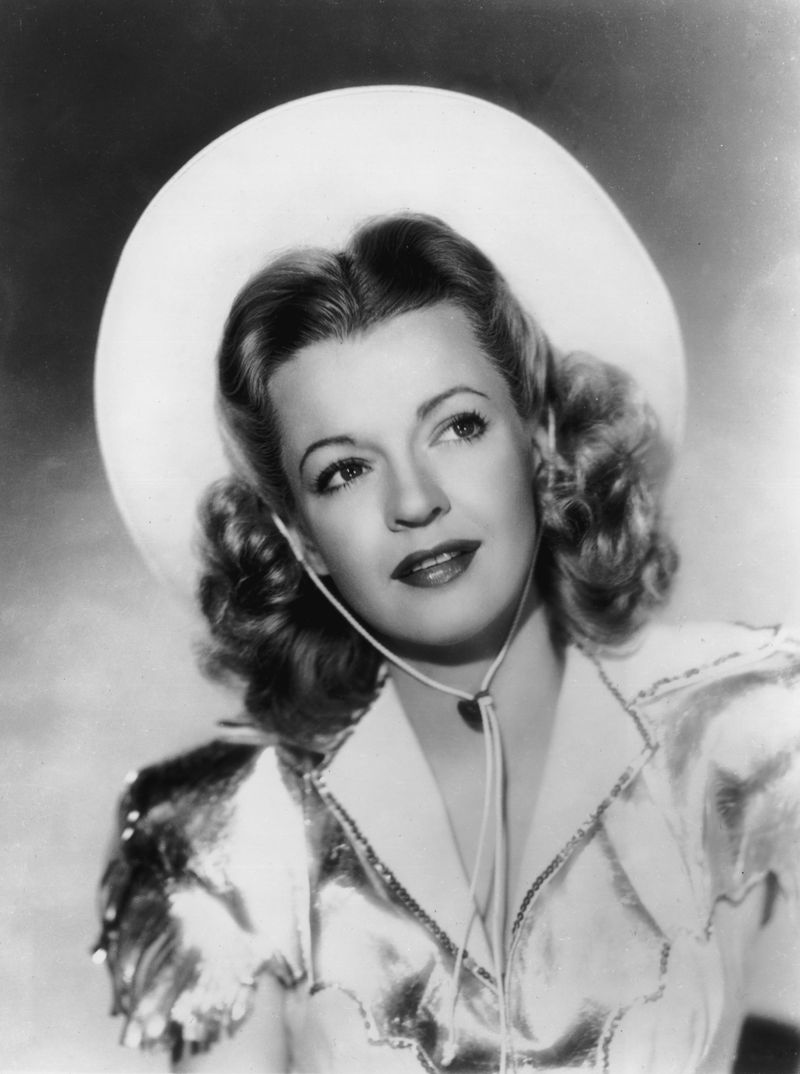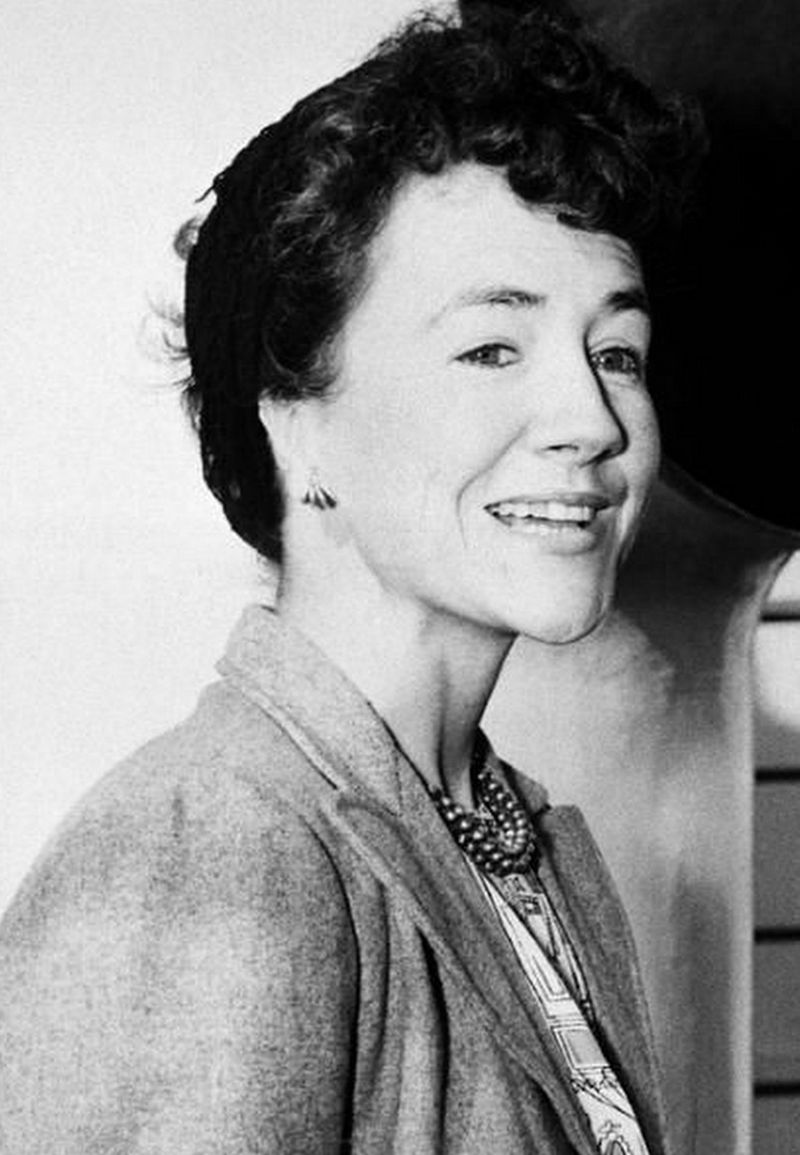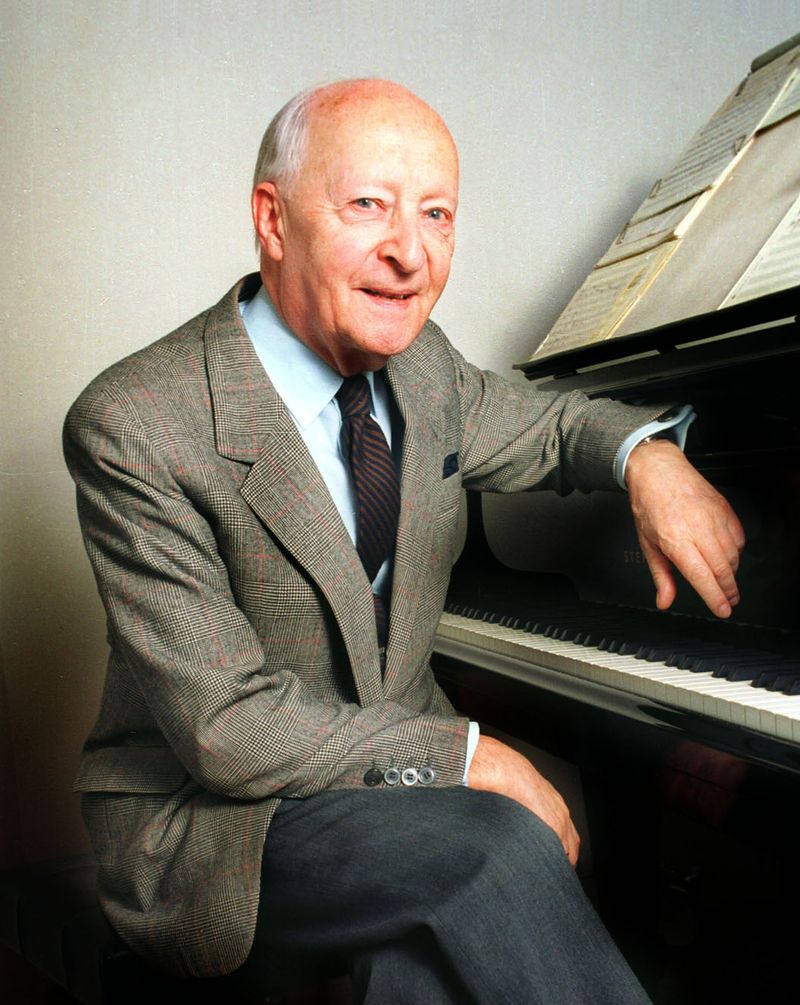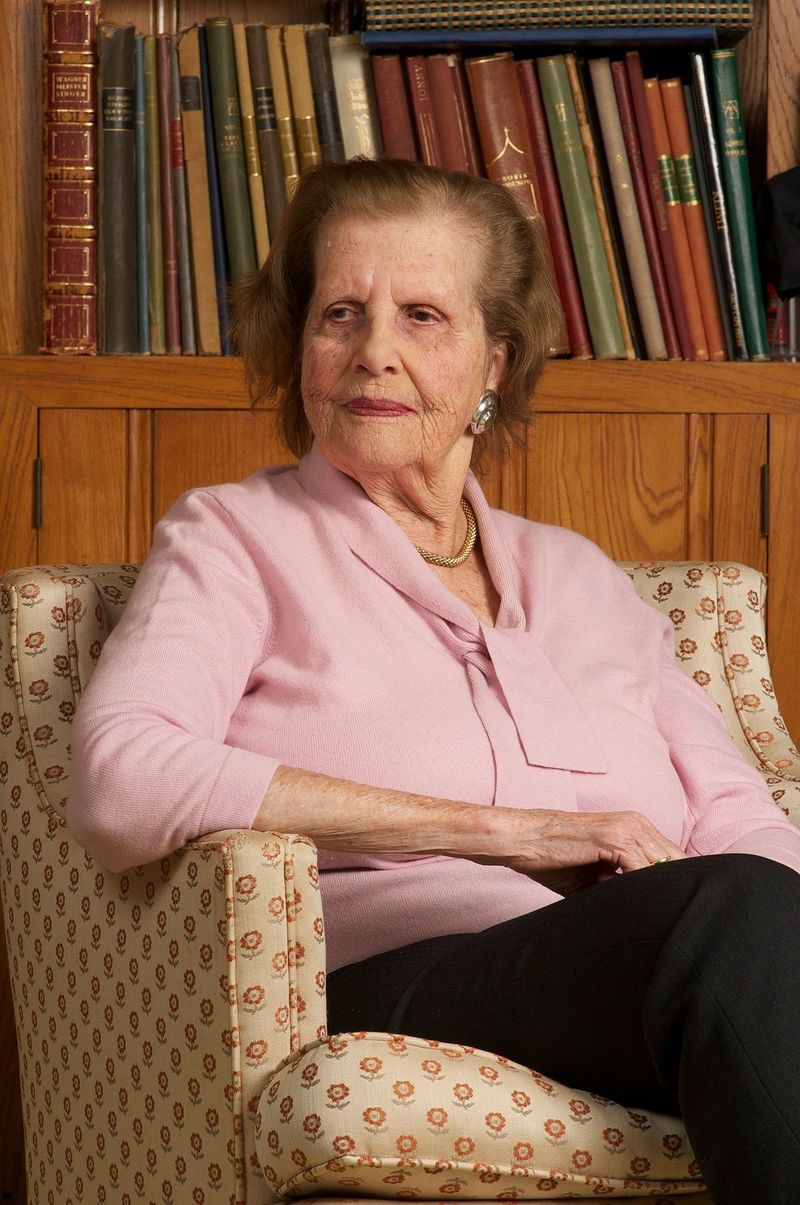Throughout history, February 7th has marked the passing of numerous influential figures spanning various fields and regions. This date offers a moment to reflect on their contributions and legacies.
From popes and composers to scientists and artists, these individuals have left an indelible mark on the world. Their stories continue to inspire and remind us of the diverse paths of greatness.
1. Pope Pius IX, 1878
Pope Pius IX, born Giovanni Maria Mastai-Ferretti, led the Catholic Church from 1846 until his death in 1878, making him the longest-reigning elected pope.
During his papacy, he convened the First Vatican Council, which defined the dogma of papal infallibility. His tenure was marked by significant political changes, including the loss of the Papal States.
A complex figure, Pius IX was both praised and criticized for his conservative stances. He was beatified in 2000 by Pope John Paul II. Today, his legacy remains a subject of discussion among historians and theologians alike.
2. William Boyce, English composer, 1779
William Boyce was an eminent English composer and organist of the 18th century, known for his church music and symphonies.
Born in 1711, he made significant contributions to English music, serving as the Master of the King’s Music. His works, including the acclaimed “Eight Symphonies,” continue to be performed today.
Boyce’s music is noted for its melodic richness and structural clarity. Despite suffering from deafness later in life, he continued to compose and revise earlier works. His influence on English music persists, and his compositions remain a staple in the classical repertoire.
3. Ann Radcliffe, English novelist, 1823
Ann Radcliffe, an English novelist, is celebrated as a pioneer of the Gothic fiction genre. Born in 1764, she wrote several novels, including “The Mysteries of Udolpho” and “The Italian,” which captivated readers with their suspenseful plots and vivid descriptions.
Her work significantly influenced later writers, such as Edgar Allan Poe and Mary Shelley. Radcliffe’s novels often explore themes of terror and the supernatural, set against dramatic landscapes.
Despite her fame, she lived a private life and published anonymously, adding to the mystique surrounding her persona and works.
4. Joseph Sheridan Le Fanu, Irish writer, 1873
Joseph Sheridan Le Fanu was an Irish writer known for his gothic and mystery fiction. Born in 1814, he crafted tales that masterfully combined elements of horror and suspense.
His most famous works include “Uncle Silas” and “Carmilla,” the latter being a pioneering vampire story.
Le Fanu’s writing style is characterized by its atmospheric tension and psychological depth. His stories often delve into the supernatural, reflecting the Victorian era’s fascination with the macabre.
Today, he is celebrated as a master of gothic literature, influencing numerous writers in the genre.
5. Elihu Root, American lawyer and statesman, 1937
Elihu Root was an influential American lawyer, statesman, and Nobel Peace Prize laureate. Born in 1845, he served as the U.S. Secretary of War and Secretary of State, playing a key role in shaping American foreign policy in the early 20th century.
Root’s efforts in international arbitration earned him the Nobel Peace Prize in 1912. He was instrumental in the establishment of modern institutions for international law and justice.
His legal acumen and dedication to peace left a lasting impact on both American governance and international relations.
6. Harvey Samuel Firestone, American businessman (Firestone Tires), 1938
Harvey Samuel Firestone was a pioneering American businessman who founded the Firestone Tire and Rubber Company. Born in 1868, he revolutionized the tire industry by introducing mass production techniques, making automobile tires more accessible.
Firestone’s innovations contributed significantly to the growth of the automotive industry in the early 20th century.
He formed strategic partnerships with Henry Ford and Thomas Edison, emphasizing quality and innovation. His legacy lives on in the brand and its continued impact on transportation and industry worldwide.
7. Igor Kurchatov, Soviet nuclear physicist (“father” of the Soviet atomic bomb), 1960
Igor Kurchatov was a seminal Soviet nuclear physicist, known as the “father” of the Soviet atomic bomb. Born in 1903, he led the development of the Soviet Union’s nuclear weapons program during the Cold War.
Kurchatov’s work was pivotal in establishing the Soviet Union as a nuclear power. His contributions extended to nuclear energy research, fostering peaceful applications of nuclear technology.
Renowned for his scientific rigor and leadership, Kurchatov remains a key figure in the history of nuclear science.
8. Nick Adams, American film and TV actor, 1968
Nick Adams was an American film and television actor known for his dynamic performances in the 1950s and 60s. Born in 1931, he gained fame through roles in films like “Rebel Without a Cause” and the TV series “The Rebel.”
Adams’s on-screen charisma made him a beloved figure in Hollywood. Despite his promising career, his life was cut short under tragic circumstances.
Today, he is remembered for his contributions to the entertainment industry and his dedication to his craft.
9. Blossom Dearie, American jazz singer and pianist, 2009
Blossom Dearie, a renowned American jazz singer and pianist, enchanted audiences with her distinctive, light voice and impeccable timing. Her career spanned over five decades, leaving an indelible mark on the jazz world.
Dearie’s captivating performances often featured a blend of jazz standards and original compositions. She was celebrated for her unique interpretations, which brought an intimate, conversational style to her music.
Her legacy continues to inspire jazz enthusiasts and musicians, reminding us of the timeless charm and elegance she embodied.
10. Matt Monro, English singer, 1985
Matt Monro was a celebrated English singer, renowned for his smooth voice and classic ballads. Born in 1930, he achieved international fame with hits like “Portrait of My Love” and “Born Free.”
Monro’s vocal talents earned him a dedicated fanbase and the title “The Man with the Golden Voice.” His music continues to resonate, influencing aspiring vocalists.
Despite his passing in 1985, his recordings still captivate audiences worldwide, securing his legacy in the annals of popular music.
11. Big Pun (Christopher Lee Rios), American rapper, 2000
Big Pun, born Christopher Lee Rios, was an influential American rapper known for his complex lyrics and powerful delivery.
Born in 1971, he emerged as a prominent figure in the hip-hop scene with his debut album “Capital Punishment,” which was the first by a solo Latino rapper to go platinum.
Big Pun’s innovative style and wordplay left an indelible mark on the genre. His sudden death at age 28 was a great loss to the music world. His legacy continues to inspire new generations of artists and fans alike.
12. Dale Evans, American singer-songwriter and actress, 2001
Dale Evans was an American singer-songwriter, actress, and author, best known for her partnership with husband Roy Rogers. Born in 1912, she starred in numerous films and television shows, embodying the spirit of the American West.
Evans’s signature song “Happy Trails” became an anthem for generations. Beyond entertainment, she was a passionate advocate for children with disabilities, inspired by her daughter Robin.
Her multifaceted career and philanthropy continue to inspire, highlighting her resilience and creativity.
13. Anne Morrow Lindbergh, American author and aviator, 2001
Anne Morrow Lindbergh was an esteemed American author and aviator. Born in 1906, she was the wife of famed aviator Charles Lindbergh and an accomplished pilot herself. Her book “Gift from the Sea” remains a classic, offering reflections on life and solitude.
Lindbergh’s contributions to aviation and literature made her a prominent figure in both fields.
Her introspective writings continue to resonate with readers, capturing the complexities of modern life. Her legacy endures through her literary and aviation achievements.
14. Witold Lutosławski, Polish composer and conductor, 1994
Witold Lutosławski was a distinguished Polish composer and conductor known for his innovative compositions. Born in 1913, he played a pivotal role in 20th-century classical music, blending traditional and modern elements.
Lutosławski’s works, such as “Concerto for Orchestra,” are celebrated for their complexity and emotional depth. His contributions to music earned him numerous accolades, including the UNESCO Prize.
His legacy as a musical pioneer continues to influence composers and musicians worldwide.
15. Maria Altmann, Austrian-American refugee and art restitution activist, 2011
Maria Altmann was an Austrian-American refugee and art restitution activist. Born in 1916, she fled the Nazis and later fought for the return of her family’s art, including Gustav Klimt’s “Portrait of Adele Bloch-Bauer I.”
Her legal battle set a precedent for art restitution, highlighting issues of ownership and justice. Altmann’s story was later portrayed in the film “Woman in Gold.”
Her courage and determination continue to inspire those seeking justice and the preservation of cultural heritage.
16. King Hussein, King of Jordan, 1999
King Hussein ruled Jordan from 1952 until his death in 1999, guiding the country through turbulent times. Born in 1935, he was renowned for his diplomatic efforts and commitment to peace in the Middle East.
Hussein’s leadership saw the modernization of Jordan and the strengthening of its international relations. His dedication to peace and stability earned him respect globally.
His legacy as a peacemaker continues to shape Jordan’s political landscape and influence the region’s pursuit of peace.
